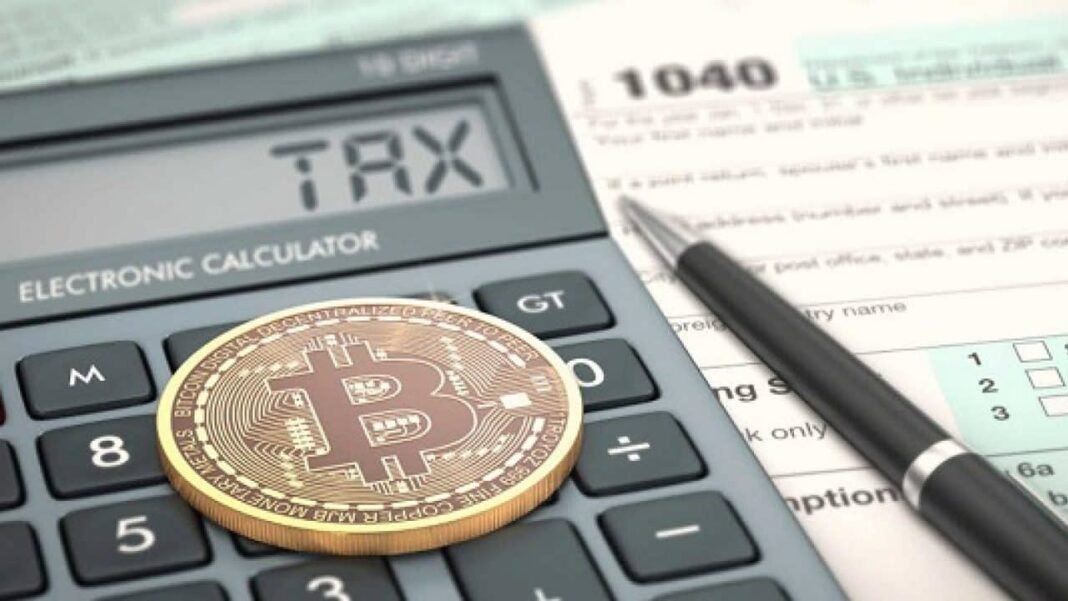The Eu Parliament is now bearing in mind blockchain’s have an effect on on taxes after passing arguable rules to limit privateness in crypto transactions – or even flirting with banning bitcoin altogether.
All the way through the consultation on April 25, lawmakers will speak about techniques to tighten the tax rules and procedures for the virtual age – and a draft file ready via Portuguese member of the Eu Parliament Lídia Pereira suggests tax government may change information about people’ crypto belongings.
In present EU regulations on administrative cooperation, details about financial institution accounts will also be exchanged to forestall in another country holdings from being hidden from the taxman, and the OECD, which screens global tax requirements, is now consulting on whether or not this will have to additionally observe to crypto.
A lawmaker concerned within the file advised CoinDesk that Pereira’s proposal isn’t an issue in relation to giant companies, however it will represent a major privateness invasion if it comes to your common crypto saver.
“If in case you have a well-established industry which is at the border between the normal monetary device and crypto, then I believe it’s effective to have a undeniable review or supervision from the government, and to proportion this data”, mentioned Mikuláš Peksa, a member of the Czech Pirate Celebration, which promotes digitalization and on-line rights.
“Our tax device, because it stands, may be very a lot enthusiastic about chasing the smaller avid gamers in an effort to pressure them to pay each euro,” he mentioned, whilst “the larger avid gamers are typically the usage of kind of prison techniques to optimize their taxes.”
Along with the hazards of tax evasion, lawmakers additionally appear keen on the potential of tax blockchains. Public ledgers generally is a new technique to automate tax assortment, ensuring other people pay what they owe with no need to fill in a large number of forms.
As a substitute of filing returns to the tax government, “you’ll be able to inform them the cope with of your pockets, and they are able to do exactly the whole thing else,” Peksa mentioned, including that, in relation to proving which transactions you’d made, blockchain networks verified via more than one customers are “a lot more responsible than no matter any financial institution may provide you with.”
He admits that modernizing conservative tax administrations comes with its personal demanding situations. Legislators can have been impressed via a presentation they heard in November from tax legal professionals, who mentioned Internet three generation may lend a hand scale back fraud.
Pereira’s draft urges the Eu Fee to “assessment how blockchain applied sciences can be utilized to forestall tax fraud and avoidance,” or even expand a improve infrastructure for it.
A 2020 OECD report displays that other nations, even inside the EU, take other perspectives as to how you can tax source of revenue from mining, or when one crypto asset is exchanged for any other.
That association is not likely to modify with recommendation from the parliament. Whilst many EU member nations need to battle tax-dodging, additionally they guard their freedom to set their very own tax insurance policies jealously. In step with EU procedures, any nation can veto a tax proposal it doesn’t like, fighting it from changing into regulation.









![Methods to Purchase DeFi Pulse Index on CoinStats [The Ultimate Guide 2022]](https://bitrrency.com/wp-content/uploads/2022/05/DeFi_Pulse_og-100x70.png)

